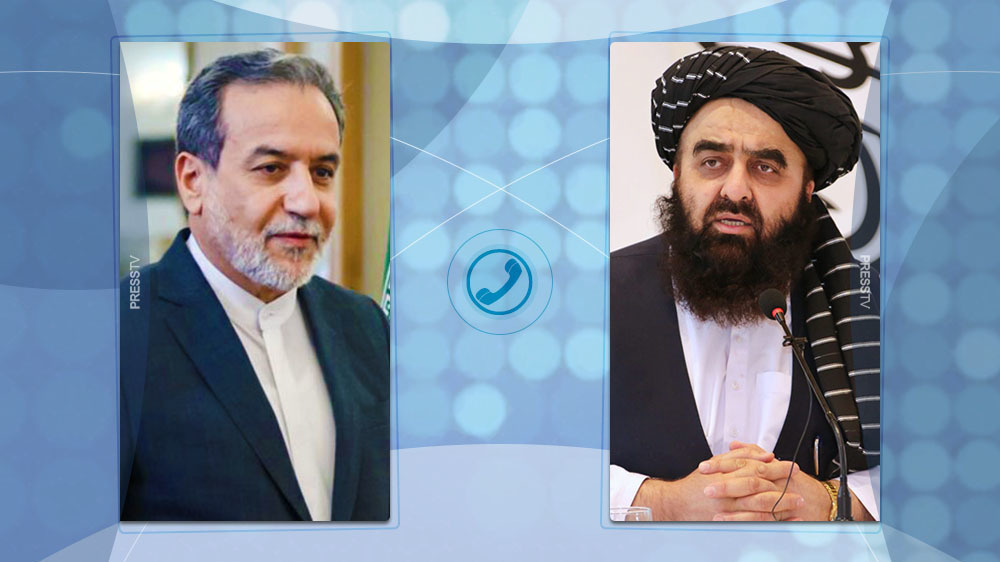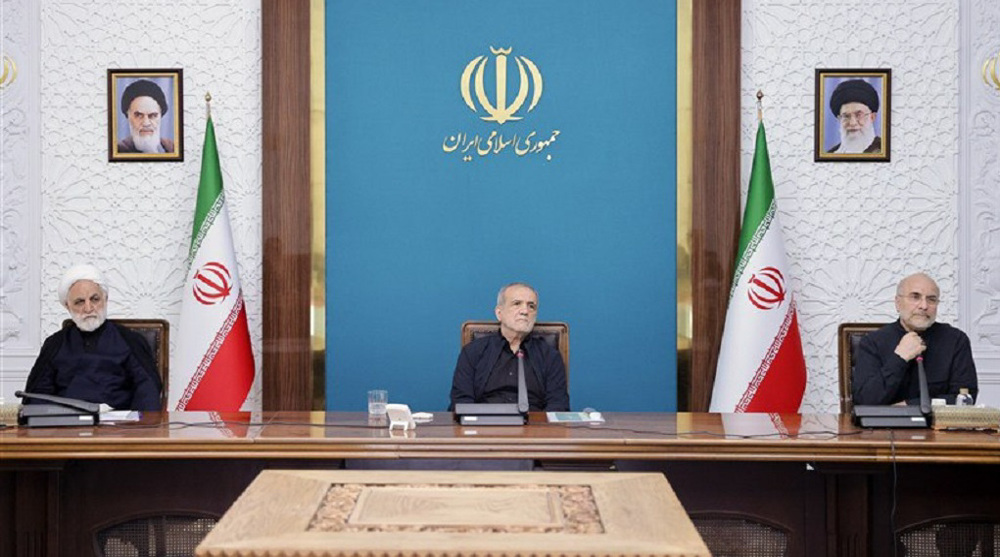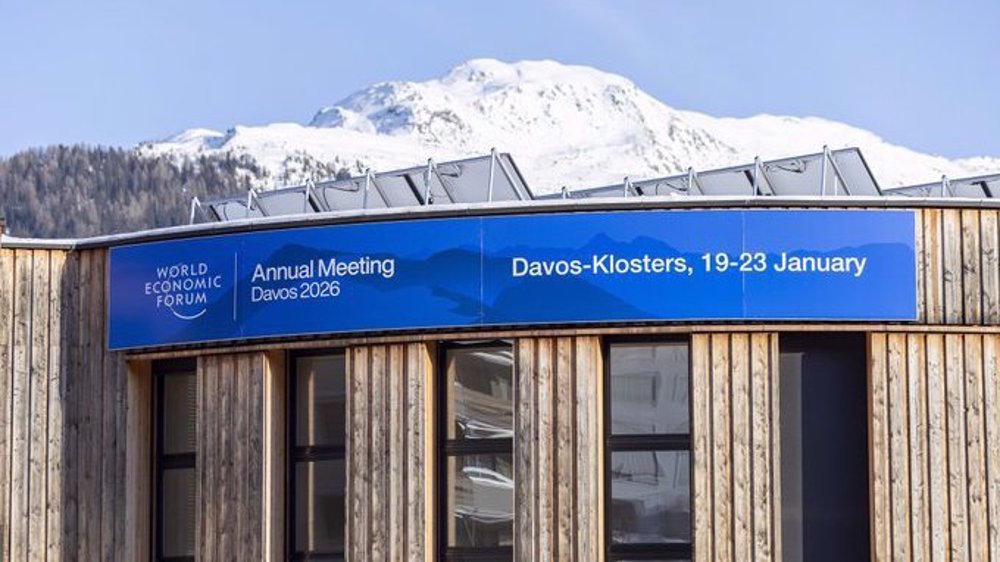Zarif: Trump knows scrapping nuclear deal not welcome globally
The administration of US President Donald Trump has “come to the realization” that abandoning the international nuclear deal with Iran would not be welcome globally, says Foreign Minister Mohammad Javad Zarif.
He made the comments during a sit-down with a small group of American journalists, including Robin Wright, a contributing writer for The New Yorker, which reported the news on Wednesday.
Like many other world leaders and officials voicing confusion in the face of Trump’s presidency, Zarif also avoided to speculate about what he has in mind.
“It’s not clear what the [Trump] administration is planning to do,” Zarif said. “I think now they have come to the realization that scrapping the deal is not something that would be globally welcomed.”
‘Impossible to reach another deal’

Along with the UK, Russia, Germany, China and France, the US is one of the parties in the agreement, which has been endorsed by the UN Security Council.
The Iranian top diplomat, who is in New York for a speech at the United Nations, further rejected any attempts to renegotiate the deal, known as the Joint Comprehensive Plan of Action.
“It would be extremely dangerous to even contemplate reopening these negotiations, because now we all go into any possible negotiations with even higher expectations,” Zarif told Wright. “It was complicated enough to reach this deal already, and it would be impossible to reach another deal.”
Trump has called the pact a "disaster" and "the worst deal ever negotiated," vowing to scarp or renegotiate it.
Iran and the five permanent members of the United Nations Security Council - plus Germany - signed the JCPOA on July 14, 2015 and started implementing it on January 16, 2016.
Under the deal, negotiated during the administration of former President Barack Obama, Tehran agreed to limit some aspects of its nuclear program in exchange for the removal of all the nuclear-related sanctions.
‘No request to meet Tillerson’

In the international negotiations ahead of the deal, Zarif met with then-US Secretary of State John Kerry countless times.
The Iranian foreign minister stated in the interview that he has not “asked” to meet his new American counterpart, Rex Tillerson, yet asserting that would not oppose it if it could help with issues at hand.
“I haven’t asked for a meeting, and I don’t think I will,” Zarif said. “We’re not opposed to the possibility of a meeting between us and Secretary Tillerson if it is necessary for the implementation of the nuclear deal.”
During two years of intense negotiations, Zarif and Kerry “probably spent more time with each other than any two other foreign ministers in history,” said the Iranian foreign minister.
He also called for “good faith” on the side of the US, suggesting that scrapping the deal would make the US look even less reliable in the international arena.
“If we succeed in seeing good faith on the part of the United States in the implementation of the nuclear deal, then it would be a foundation and not the ceiling. And it would be possible to engage in other areas. We haven’t seen that yet,” he said. “The message the United States is sending to the rest of the world is that you cannot count on the US being committed to its international undertakings. So, not only is that a bad signal to Iran but also a bad signal to anybody else, whoever contemplates talking to the US or negotiating with the US.”
Read More:
Other parties to the JCPOA have already warned against unilateral breaches by the US.
On Tuesday, the United States slapped new economic sanctions against Iran over its ballistic missile program.
Iran has recently made major breakthroughs in its defense sector and attained self-sufficiency in producing important military equipment and hardware. The Islamic Republic says its military power poses no threat to other countries and is merely based on the doctrine of deterrence.
VIDEO | Press TV's news headlines
VIDEO | 'War on Iran is only just beginning' ft. Laith Marouf
VIDEO | Gaza’s economy collapses due to Israeli war
VIDEO | Israel rejects US-approved Gaza technocratic committee
‘Narcissistic psychopath’: Netizens mock Trump over letter to Norway PM on Nobel Prize
Israeli forces demolish UNRWA buildings in occupied East al-Quds
Trump lashes out at allies over Greenland, shares private texts online
Iran’s Armed Forces will cut off any 'hand of aggression' against Leader: Spokesman











 This makes it easy to access the Press TV website
This makes it easy to access the Press TV website